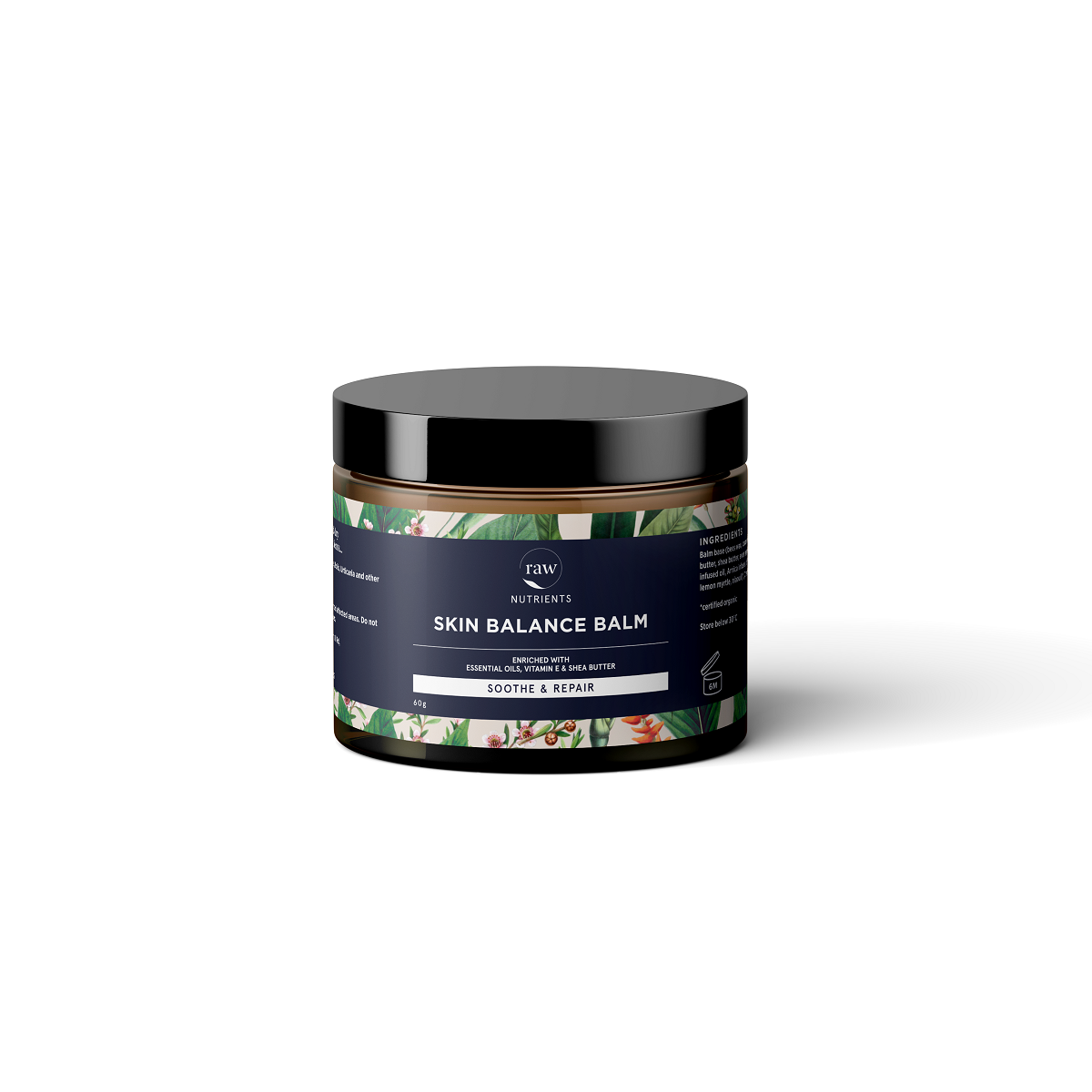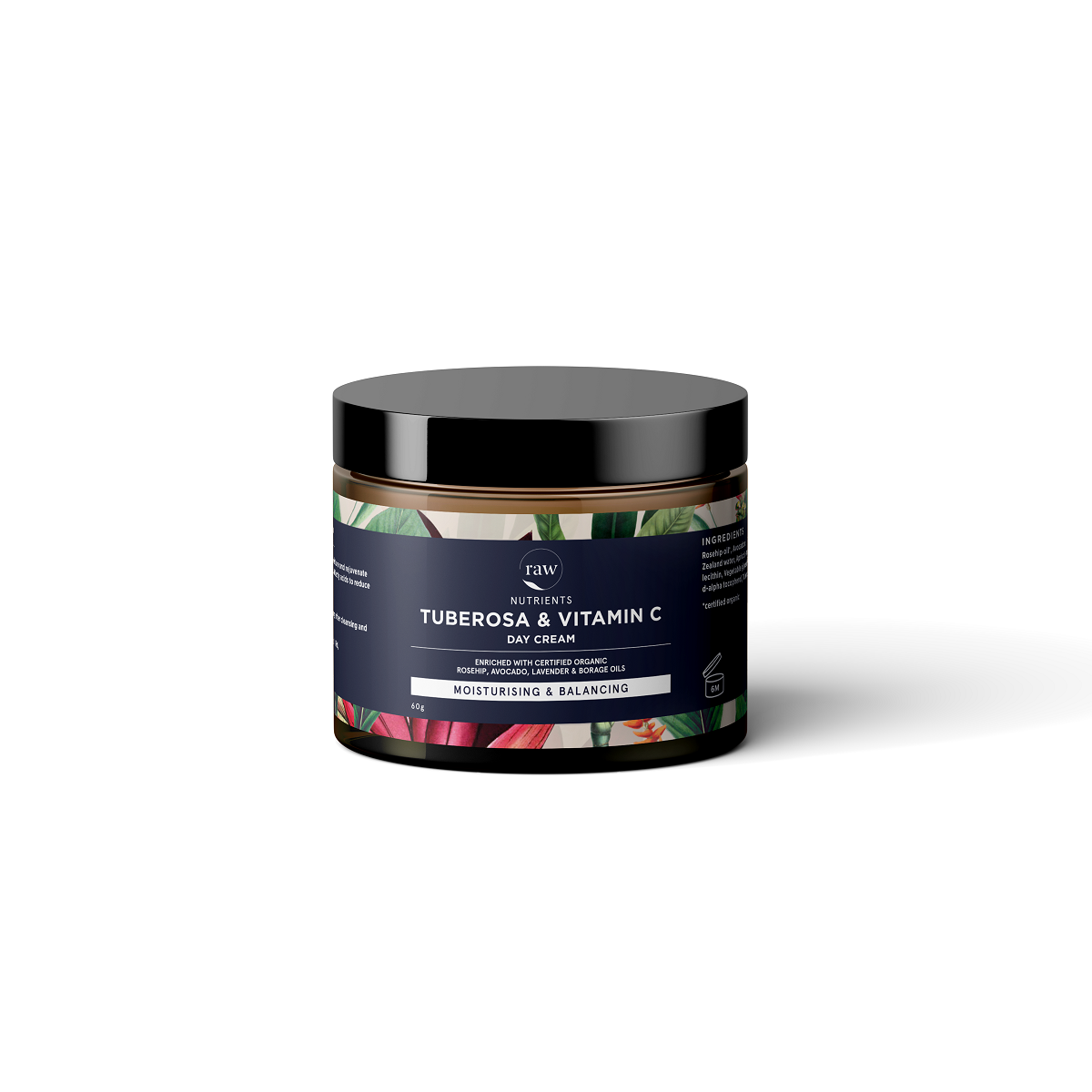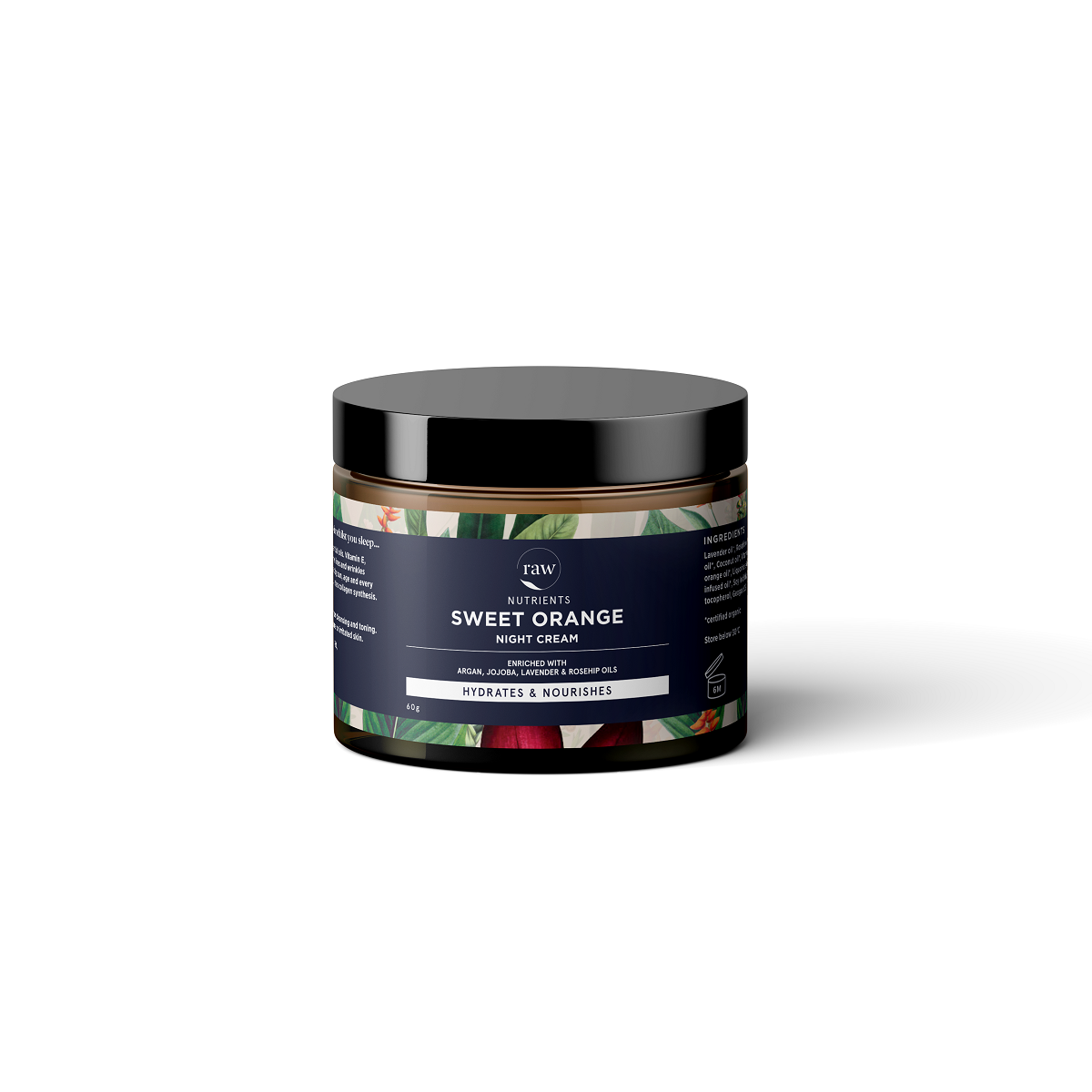-

Think about zinc!
Zinc plays many important roles in your body. This essential dietary mineral is involved in metabolism processes, hel...
-

Magnesium; Are We Consuming Enough?
There is widespread magnesium deficiency, and given the importance of magnesium in the body, it is but essential to r...
-

Probiotics; When & how do they work best?
Your gastrointestinal system comprises different microorganisms. The gut bacteria play a vital role in the health and...
-

Vitamin C; How does it benefit wellness?
Vitamin C has gained popularity as an antioxidant. However, research claims that it can act as both an antioxidant an...

Folic Acid vs. Folate — Are they Similar?
Folate are crucial for the development and functioning of human body, right from the womb to adulthood. The body needs folates for cellular growth. But it cannot make folates from scratch. It sources them from foods or supplements.
Both folic acid and folate are very similar, but there are some differences too. Folate is a form of vitamin B-9, which plays a key role in the formation of red blood cells. Additionally, they contribute to healthy cell growth too. Folate is an important part of nutrients for pregnant women. The nutrient is known to lower the risk of birth irregularities, especially of the brain and spine. Folate helps with the formation of red blood cells.[i]
Folate and Folic Acid
Folic acid is a synthetic form of vitamin B9, besides folate, tetrahydrofolate, and dihydrofolate. It is known as pteroylmonoglutamic acid. B vitamins are part of the cellular regeneration process in the body.
The most common form of folate is methylfolate. The body cells need methylfolate to drive specialized enzymes to make the genes and DNA and to repair damage to DNA. Methyl coming from folate enable cellular growth and production.
On the other hand, folate is a natural form of vitamin B9, which is critical to the cellular functioning. It helps with the metabolism of amino acids. Not only this, folate is believed to play a crucial role in the biosynthesis of nucleic acid. It helps with the biogenesis of methyl group. Megaloblastic anemia can be treated with folate. When the deficiency is detected in time, folate supplementation lowers the risk of neural tube defects.[ii]
The digestive system converts dietary folate into its biologically active form of 5-methyltetrahydrofolate (5-MTHF) before passing into the bloodstream.
However, not all of the folic acid is converted into 5-MTHF in the digestive system. Rather, some of it is converted in the liver.
When you take a folic acid supplement, it is not instantly converted to its active form. Rather, it is a slow process. If it remains unmetabolized, folic acid is detected in bloodstreams. The higher the levels of folic acid in the blood, the greater the risk of disease.
Folate Deficiency Symptoms
If someone is deficient in folate and vitamin B12, they are more likely to be prone to depression and cognitive decline. A folate deficient person may suffer from neuropathy. While deficiency of folate has been linked to several health issues, too much of folic acid could result in adverse health effects.
It is found in green leafy vegetables, nuts, peas, and beans. Melons, bananas, oranges, and lemons are rich in folate. When folate is not sourced from diet, the synthetic form is known as folic acid, which is found in prenatal vitamins and fortified foods.
If your diet lacks folate, it may result in a deficiency. It is most common in people with celiac disease or those whose intestines are unable to absorb nutrients from food.
A pregnant woman’s dietary requirement of folate is higher than an average adult.
Cancer risk
Folate deficiency is linked to an increased risk of cancer. Food supplementation with vitamin B9 can help prevent the risk.
Birth defects
Folic acid deficiency can cause birth irregularities whereas supplementation can play a role in the prevention of birth defects of the neural tube. Research finds that a pregnant woman is more likely to have a healthy baby if she supplements her diet with a daily prenatal vitamin dose at least three months before conception.
Folate is an essential nutrient required for DNA replication and vitamin metabolism. A pregnant woman’s body needs more folate for the growth and development of the baby. Deficiency is linked to congenital abnormalities while mothers suffer from peripheral neuropathy and anemia. It is essential to prevent pregnancy-related complications.
Nutritional folate deficiency may require supplementation with oral folic acid.
Studies find that women in the high folate B12 group have a higher hemoglobin levels at the time of childbirth.
Heart and blood vessel disease
Research finds that folic acid and vitamins B-6 and B-12 work in tandem to control elevated homocysteine levels in the blood. High levels of homocysteine pose a risk of cardiovascular disease.
A research study finds that oral folate supplementation improves coronary dilation while lowering arterial pressure. That means people suffering from coronary artery disease can benefit immensely from folate supplementation.[iii]
Folate may have a beneficial effect on cardiovascular risk due a positive effect on homocysteine plasma levels.
Research demonstrates that more discrete deficiency of folate may cause morbidity unrelated to anemia.[iv]
Dementia
Folate is crucial for proper brain functioning. Deficiency raises the risk of depression and cognitive impairment. Additionally, it is linked with poorer antidepressant treatment outcomes.
Deficiency may result in improper absorption in the body. Folate supplementation is more readily absorbed in the body and may help prevent both depression and dementia. It is also used for treatment of dementia.[v]
Adequate levels of folate are required to reduce the risk of dementia, depression, and cognitive impairment.
Immunity
Folate also helps with immune functioning. Folate-deficient individuals may suffer from lack of immunity or cellular dysfunctioning. Research finds that folic acid supplementation may play a role in improving immune function and reduce the circulating biomarkers of inflammation.[vi]
Risks of un-metabolized Folic Acid
Research indicates that higher levels of un-metabolized folic acid may pose a risk of disease, from cancer to B12 deficiency among the elderly. Since it is known to mask the vitamin 12 deficiency, people with un-metabolized folic acid are at a high risk of dementia, depression and impaired nerve functioning.
Alcohol abuse poses a greater risk of depletion of the body’s MethylFolate stores. Even the use of antacids, painkillers, and may cause a depletion of the folate reserves. Oral contraceptives, estrogen therapy, and diuretics can deplete folate stores. In addition to this, poor diet and digestive system and improper absorption may also contribute to the depletion of the body’s folate reserves.
So when it comes to folate supplementation, you should choose supplements with MethylFolate because folic acid might interfere with the enzymes that use MF from our foods.
References
[i] Rondanelli, M., Opizzi, A., & Berzero, M. (2007). Focus sull'acido folico [Focus on folic acid benefits]. Minerva gastroenterologica e dietologica, 53(3), 273–277.
[ii] Sobczyńska-Malefora, A., & Harrington, D. J. (2018). Laboratory assessment of folate (vitamin B9) status. Journal of clinical pathology, 71(11), 949–956. https://doi.org/10.1136/jclinpath-2018-205048
[iii] Tawakol, A., Migrino, R. Q., Aziz, K. S., Waitkowska, J., Holmvang, G., Alpert, N. M., Muller, J. E., Fischman, A. J., & Gewirtz, H. (2005). High-dose folic acid acutely improves coronary vasodilator function in patients with coronary artery disease. Journal of the American College of Cardiology, 45(10), 1580–1584. https://doi.org/10.1016/j.jacc.2005.02.038
[iv] 1 Angier RB, Boothe JH, Hutchings BL. Synthesis of a compound identical with the L. casei factor isolated from liver. Science. 1945; 102: 227–228.
[v] Mischoulon, D., & Raab, M. F. (2007). The role of folate in depression and dementia. The Journal of clinical psychiatry, 68 Suppl 10, 28–33.
[vi] Greenberg, J. A., Bell, S. J., Guan, Y., & Yu, Y. H. (2011). Folic Acid supplementation and pregnancy: more than just neural tube defect prevention. Reviews in obstetrics & gynecology, 4(2), 52–59.
You might be interested in...
Raw Resources
Read About the Science Behind the Supplements







